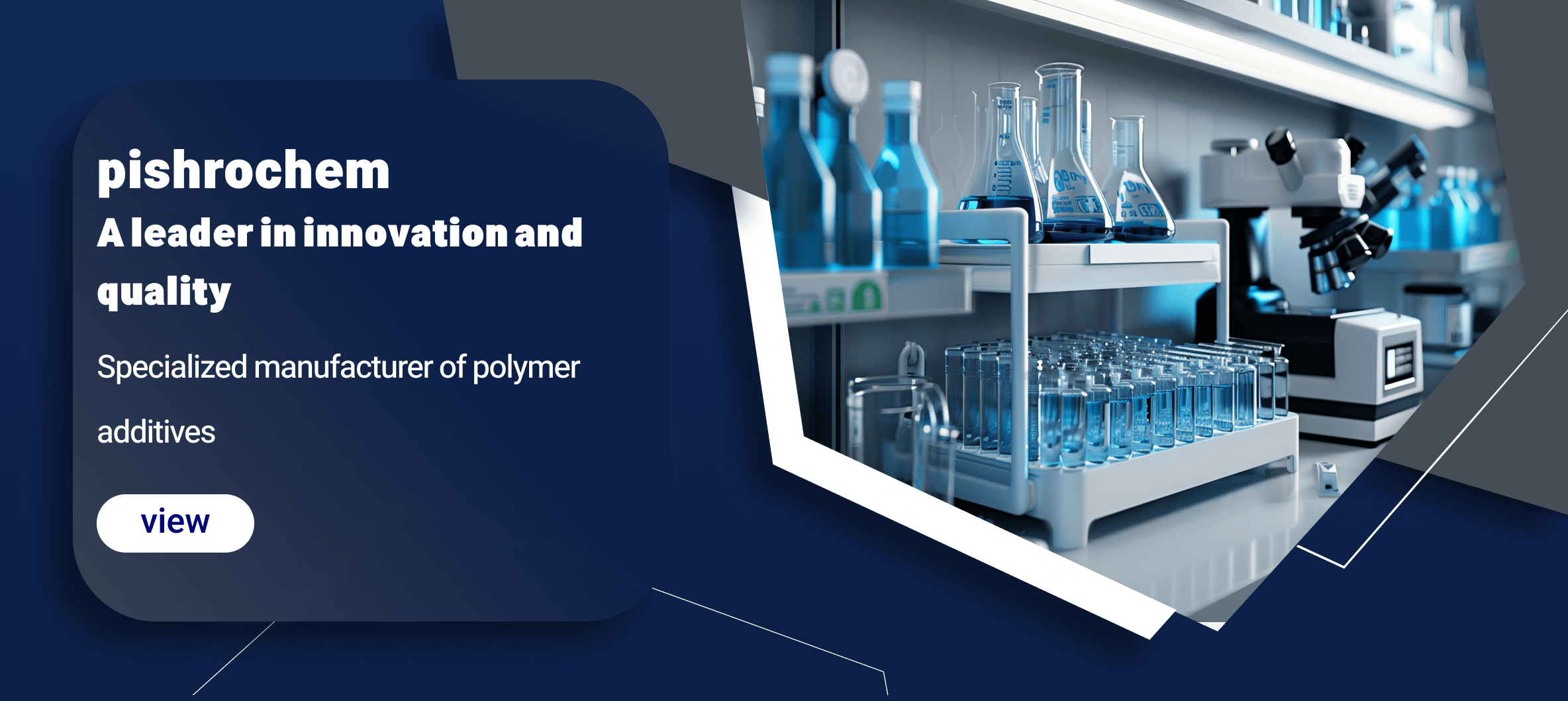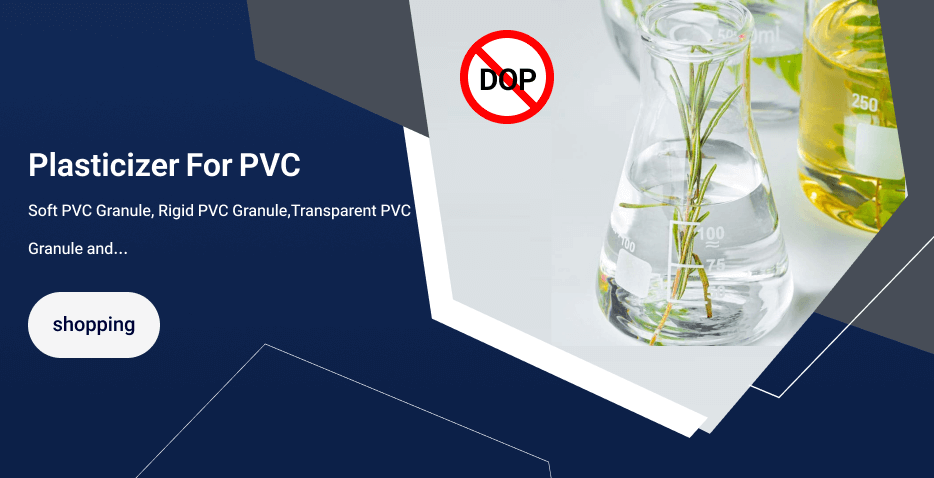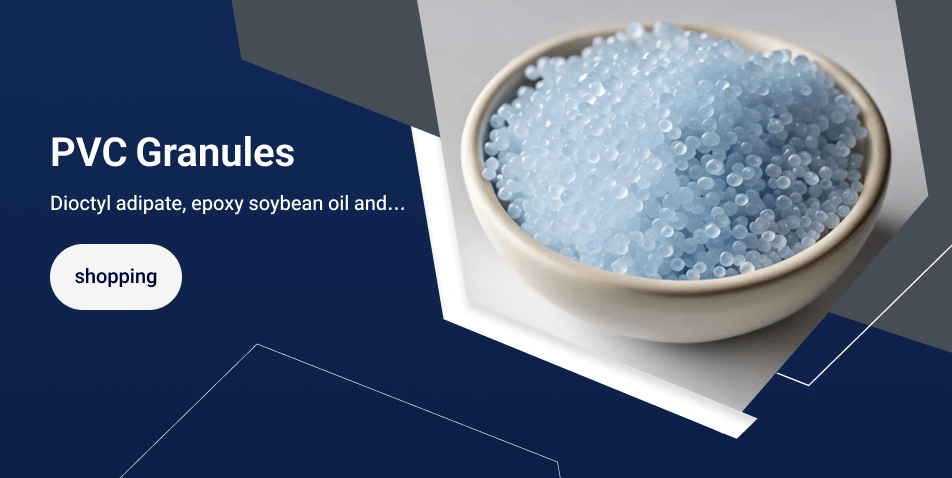Latest News

Pakchemical: Currency restrictions, challenges in supplying polymer raw materials.
According to the news agency of Production and Economy (TolidOnline), Engineer Morteza Bisheh, CEO of the knowledge-based company Pakchemical, spoke to our reporter on the sidelines of the 18th International Iran Plast Exhibition regarding the activities of the company. He ...
Read more
Another honor in the advancement of the polymer industry with environmentally friendly products.
https://youtube.com/shorts/hoW0UK9wtmo?si=MDrkQ-7NvU4Sq-SG ...
Read more
Iran Plast 2023 _ Discussion with Mr. Bisheh
Iran Plast 2023 _ Discussion with Mr. Bisheh, Chairman of the Board of Pak chemical and CEO of Pishrochem: Bureaucracy is an obstacle for manufacturers in the country.To watch this discussion, enter the link below.https://lnkd.in/dMJVjrFH ...
Read moreAbout Pishro Chem co
Pak and Pishro Chemical Company is one of the main producer of stearates, PVC stabilizers, and polymer additives in Iran. Our goal is to provide high-quality products at the most competitive prices. To achieve this, we use the latest technology, an active R&D department, and talented graduates from top universities. Pak and Pishro Chemical's extensive factory, located in Isfahan, has successfully obtained several international certificates, including ISO 9001:2015 from IGS, and Food Grade, MSDS, and HACCP certifications from Alliance Canada.

The company is knowledge-based
Pishro Chemical Company has succeeded in obtaining a basic knowledge company, based on research by the R & D unit
Green products
The principles of non-use of toxic and hazardous substances in their products are the use of the technology of the day to replace it
Formulation of products
We can provide technical advice and technical advice to our company according to the requirements of our customers, in accordance with the requirements and conditions of the company.













